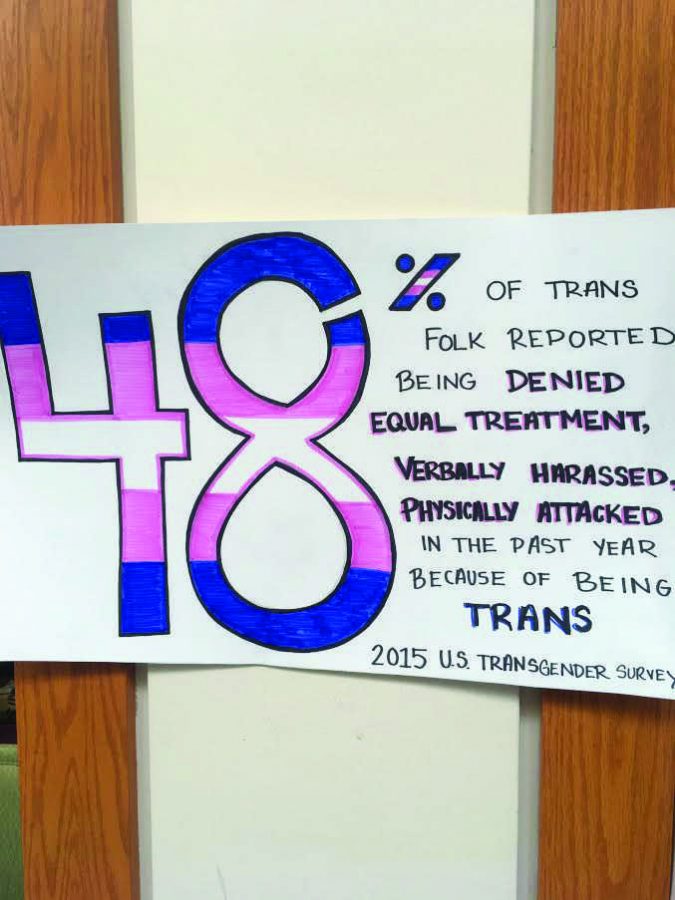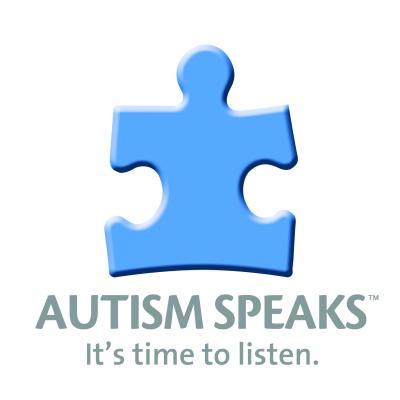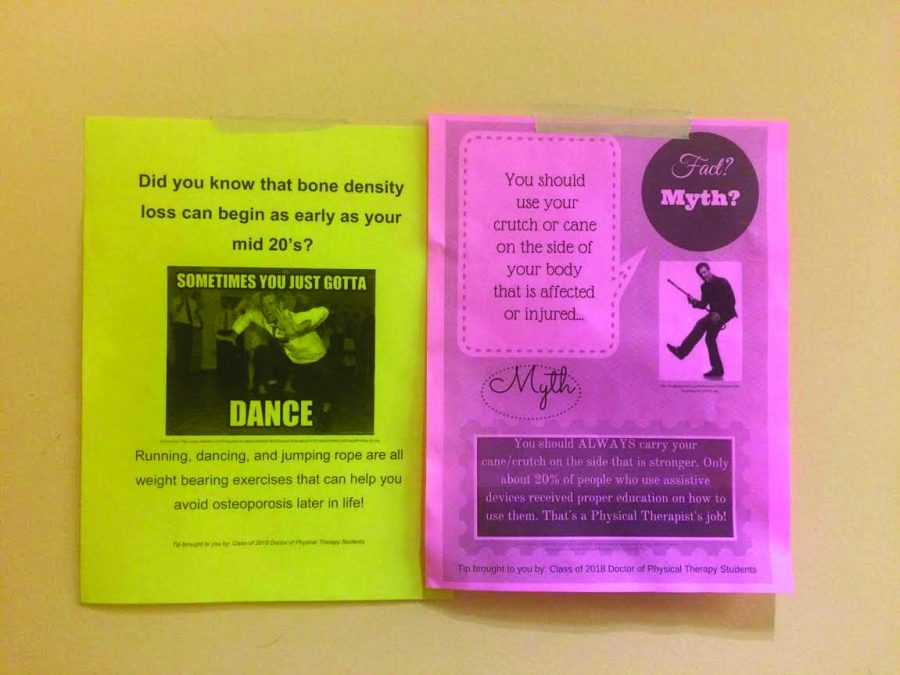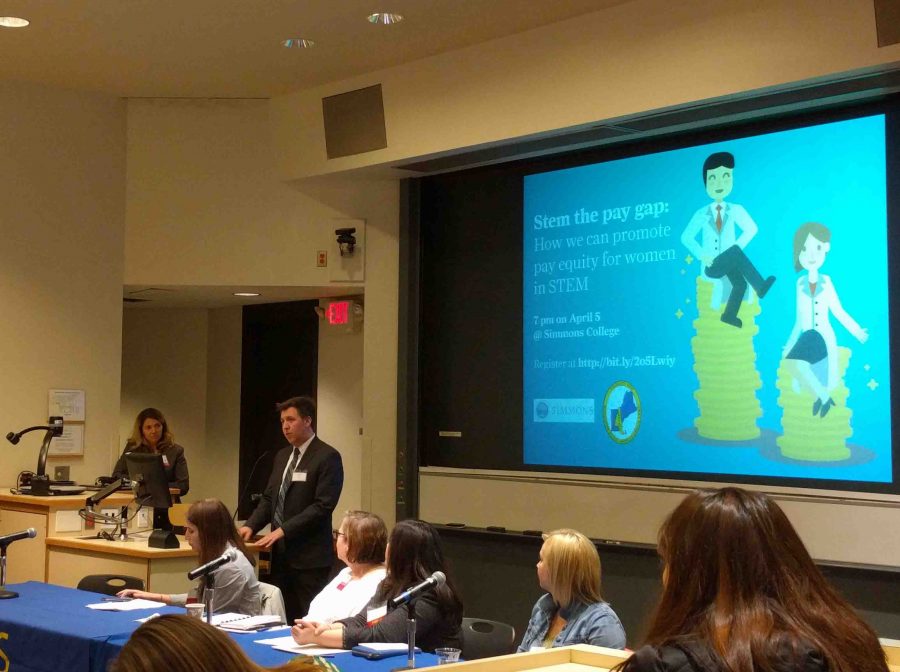A biweekly column addressing students’ health questions from office of Health, Wellness, and Recreation.
Dear Wellness Ambassadors,
I would like to lose some of the weight I gained during the break but I don’t know where to start. What is the deal with carbohydrates? Is it okay to eat carbs if I am trying to lose weight?
First things first, don’t freak out about the weight gain! There’s no need to feel so rushed to lose weight after a break—it’s very likely that your body will naturally adjust once you get back to your regular routine.
Remember that it is normal for your body to fluctuate modestly in weight, and more importantly, that the number on the scale is often not the best method for gauging your overall health and wellness. However, if you are still concerned, making adjustments to your diet coupled with consistent exercise proves to be the “magic combination” for weight loss.
Adjusting your diet doesn’t mean cutting out all the “good stuff,” but more focusing on eating foods that provide a lot of nutrients to nourish your body. You want to eat consistently throughout the day, and don’t skip meals in order to limit calories.
Eat healthy and filling breakfasts, such as yogurt and oats, oatmeal, or a fiber-filled cereal. Eat a filling lunch; have a salad with lots of colorful fruits and veggies, and include proteins and healthy fats in it as well. Remember, oils and dressings are vital for your health, so don’t leave those out. For dinner, a healthy option would be protein, lots of veggies, and a small portion of healthy carbohydrate.
For exercise, aim to add moderate to intense exercise for a minimum of 30 minutes, five times a week. While working out, it is important to change up your routine. For instance, use the treadmill, elliptical, and bikes on different days throughout the week. Also, don’t be nervous to try lifting weights or doing strength building exercises as well to increase muscle mass and boost your metabolism.
Exercise also has numerous other benefits beyond weight management, such as helping you stay focused, improving your heart health and stress management, and helping improve bone density.
And yes, carbohydrates are not only okay, but they are required for healthy body and brain function. Keep in mind that not all carbs are created equal—there are many types of carbs. Some carbohydrate-based foods are very nourishing, such as whole grains, and some are less nourishing, like refined sugar.
Natural sugars in whole fresh fruits and veggies are great sources of carbs since they come packaged with a lot of fiber and nutrients. A multigrain/whole wheat wrap or bread is also great too! Finally, don’t be afraid to indulge every once in a while either; the less strict your “diet” is, the easier it is for you to follow. Keep it simple and enjoy foods that you like in moderation.
Dear Wellness Ambassadors,
I like to use makeup. When I looked at the ingredients, I noticed a lot of chemicals and I’ve heard these might cause health problems. Are there any risks associated with makeup? What kinds of makeups are the best for my skin?
The most important thing to remember about skin is that are there are so many variations and types—skin can vary in shades, oily or dry, acne-prone or not, sensitive or tough, smooth or rough, etc, so it is very hard to say that one type of makeup is best for you as an individual.
For example, if you have acne-prone, oily skin, then powdered foundation might work best, but if you have dry skin, then powdered foundation will set in the cracks of your dry skin, so liquid foundation may be best. You really need to determine your skin type in order to figure out which type of makeup is best for you. If you are unclear about what type of skin you have, you can make an appointment with a dermatologist and during your appointment you can ask them for suggestions about the best cosmetic choices for you.
Now to the possible health problems—there has been a lot in the news lately about the link between the chemicals in cosmetics and cancer. For example, chemicals like parabens and phthalates are being looked at as a potential contributors to breast cancer. The main reason makeup often contains synthetic ingredients or chemicals is because these synthetic ingredients are inexpensive, stable, and have a long shelf-life.
According to the American Cancer Society, current research is not really clear-cut when it comes to assessing the cancer risk of cosmetics. For starters, not many studies look at the long-term effects of makeup use, but rather only look at short term effects such as eye or skin irritation.
When studies do find a link between the chemicals in cosmetics and cancer, it is often when the amount of chemical given to animals in a labs is in much higher concentration than normally found in make-up. Another challenge is that there is not any mandatory testing or regulation of the cosmetics industry in the U.S.
If it makes you more comfortable, you can take a “better safe than sorry” approach and look for all-natural cosmetics. There are websites that can help guide your decision making, such as the Environmental Working Group’s “Skin Deep” website (http://www.ewg.org/skindeep/), which gives cosmetics a “hazard score” based on the ingredients’ links to cancer, allergies, and other health issues.
Do you have a Health and Wellness question you would like to see featured here? If so, please email it to wellness@simmons.edu and it might be answered in our upcoming column! All questions and answers will be anonymous.



















